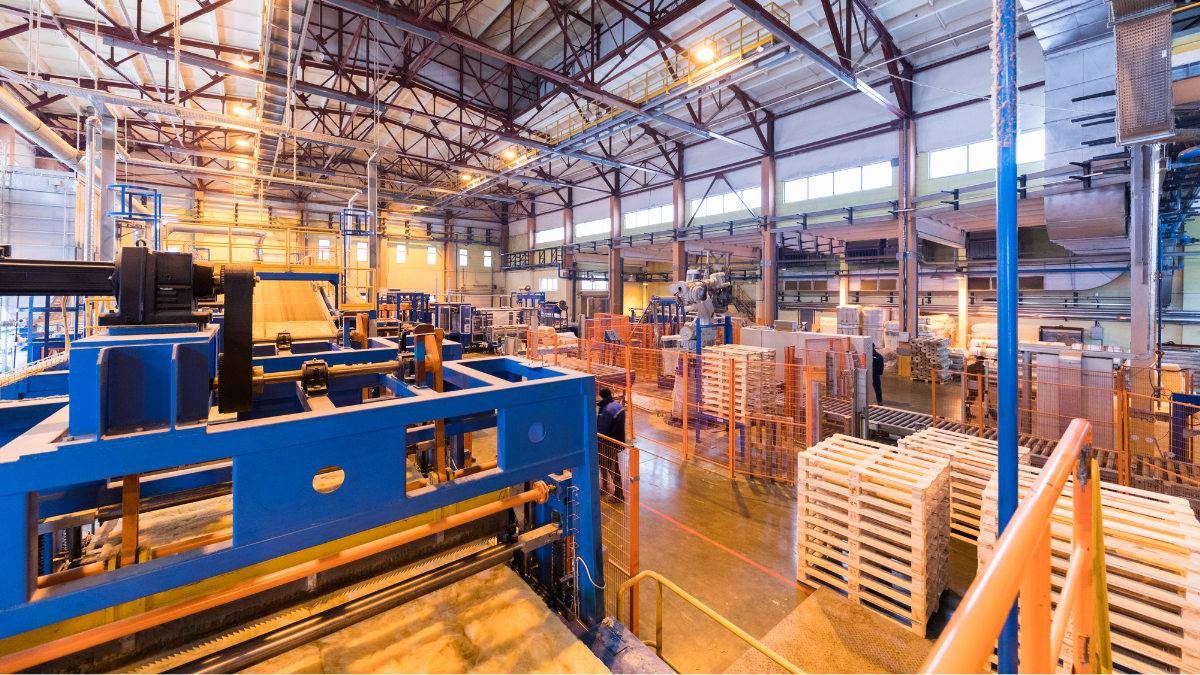Create Better Products With Mechanical Variation Management
With the ever-increasing demand for new product innovations, the companies that create them can sometimes make mistakes, producing products that sometimes just don’t work. The tenuous but important work of quality control is something companies never take lightly.
Before the Industrial Revolution, most products were built by craftsmen. And they spend most of their time building custom parts and putting them together. As we went into the Industrial Revolution, and got the idea of interchangeable parts and assembly lines, we needed new ideas for managing the repeatability those manufacturing processes. And today in the computer age, we’re looking at more computer simulations, and how we can use those to predict the variation earlier in the design process, even before we go to manufacturing. This has been a great help to improve in the idea of variation management.
It’s important to understand what is meant by quality when we talk about physical products. Most quality is a function of the time and effort that goes into manufacturing and inspecting each individual part in that product, as well as the parts as a whole, and how they go together as a collection. Because of this, you can see why it’s important for a company to understand how to balance both quality and cost. Most companies still use a siloed approach, which means that a quality group inspects the parts, and then has to try to provide feedback to a manufacturing group and a design group to try to correct the existing product line, or to make sure that something doesn’t show up in future product lines.
Manufacturing isn’t perfect. In a perfect world, each part would be the same when it’s made and work in harmony with the parts around it. Because of manufacturing realities, each piece is just a little different than the others. And sometimes they are different enough to cause problems when put together to form a product. These differences are called mechanical variation.
So mechanical variation fundamentally can affect the products that we use every day, that we rely upon every day, whether it be safety, or just handy things like making sure the laptop works as intended or the locks on our doors work as intended. Whenever you have mechanical variation that’s not accounted for, not only can things not fit together well, but they won’t perform their intended function. And that can be frustrating or worse can have safety ramifications and consequences to people.
Variation is a reality of the manufacturing process. Trying to predict and analyze that upfront by doing tolerance analysis, building prototypes, testing those prototypes, making sure that those will work when they go to larger productions, and then once they start producing things, being able to test those in line making sure that the process is repeatable, that the quality is sufficiently consistent are a lot of the ways that companies have traditionally dealt with the variation because if they don’t deal with it until the manufacturing process the result is quite expensive.
When it comes to mass produced products, mechanical variation is a reality and can cause problems down the line if not managed properly. Traditionally, companies would respond reactively once parts are produced, but Sigmetrix wants to work to change the way we handle mechanical variation.
Sigmetrix was founded on the idea of building better products through mechanical variation management. We built the tools, we provide the training to help companies build higher quality products and get them to market faster. And at lower cost. We also help companies have the insights that they need to explore new designs and not have to worry about mechanical variation and be able to anticipate any potential quality issues and not have to just rely on what they’ve done in the past.
So what we are striving to do as a company in our philosophy, is to create a set of tools that are as intuitive to use as possible, that just slip into an engineer’s everyday workflow and is as similar to what they use every day as possible. So most of the work is done on the computer, though there’s a lot of collecting of information, talking to others about perhaps how the parts might go together, how they’re intended to be manufactured, to get better information that feeds in the analysis to ultimately get a better prediction of what’s going to happen when these parts actually occur in the real world and are put together and are used.
Taking the time to do the analysis needed to understand the impact of mechanical variation is imperative to ensure product quality. Sigmetrix gives you the tools to properly manage mechanical variation throughout the design process, allowing you to get ahead of product problems instead of reacting, usually under pressure, to correct them.
A customer who was a high end luxury watch manufacturer used our software to design latching mechanisms for their bands. This allowed them to create a market for interchangeable bands so now they could sell several bands so customers could utilize a very easy to use mechanism to swap bands rather than having to take it to the jeweler. That enabled their customers to customize the appearance of their watch, depending upon perhaps what they were wearing. This was an interesting approach to some of the more traditional methods of tolerance analysis.
Sigmetrix’ mission is to help companies produce better products through the understanding and management of mechanical variation. We can help you maximize return on your MBD / MBE investment. This is Industry 4.0; to improve profitability by balancing product cost and quality. Allow for faster time to market by reducing or eliminating prototype and pilot cycles. Deliver more innovative products through better understanding of your products themselves when it comes to mechanical variation in capturing, transferring, and retaining critical product and process knowledge. Sigmetrix can help you provide better products through understanding and managing mechanical variation.




